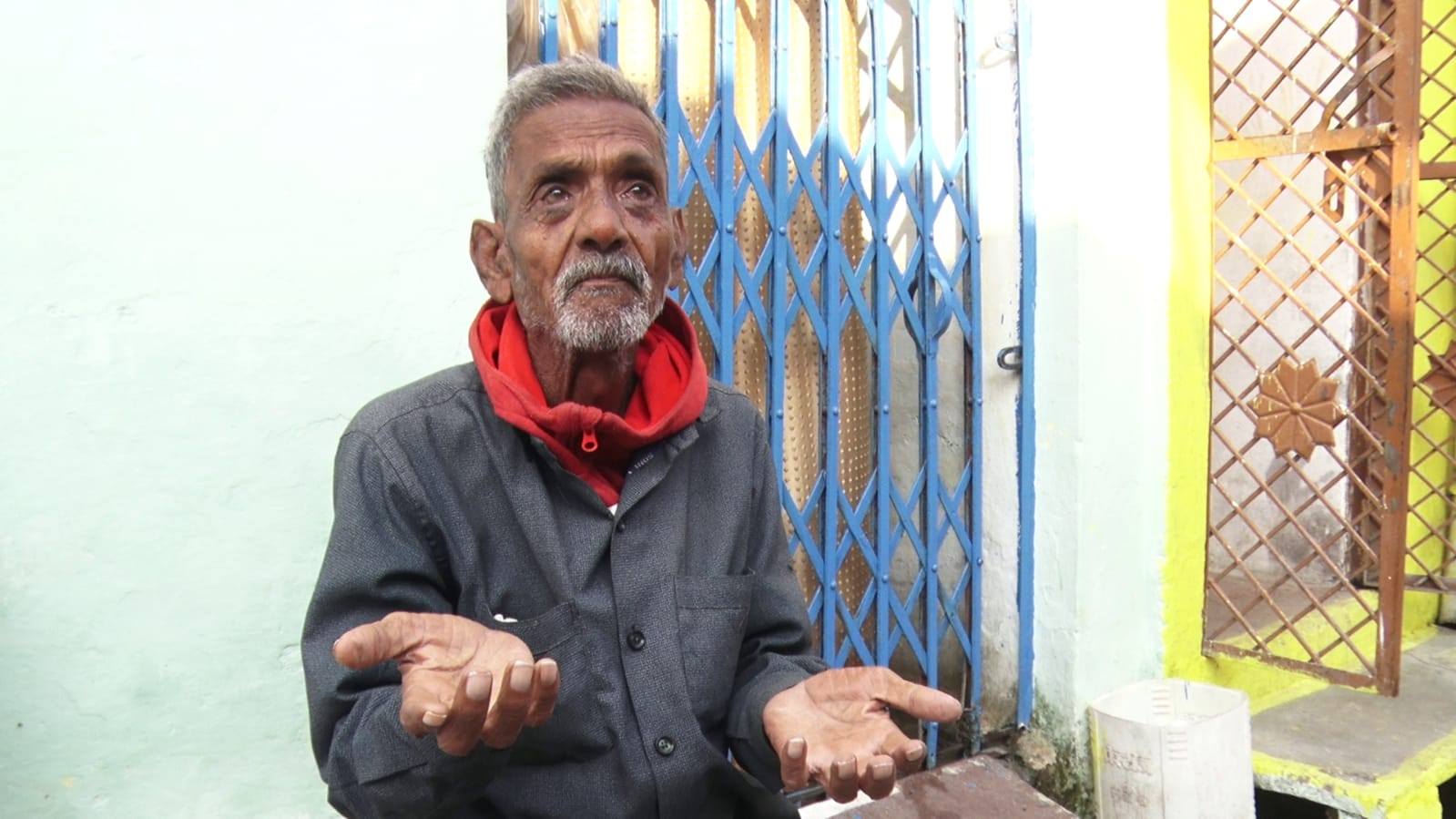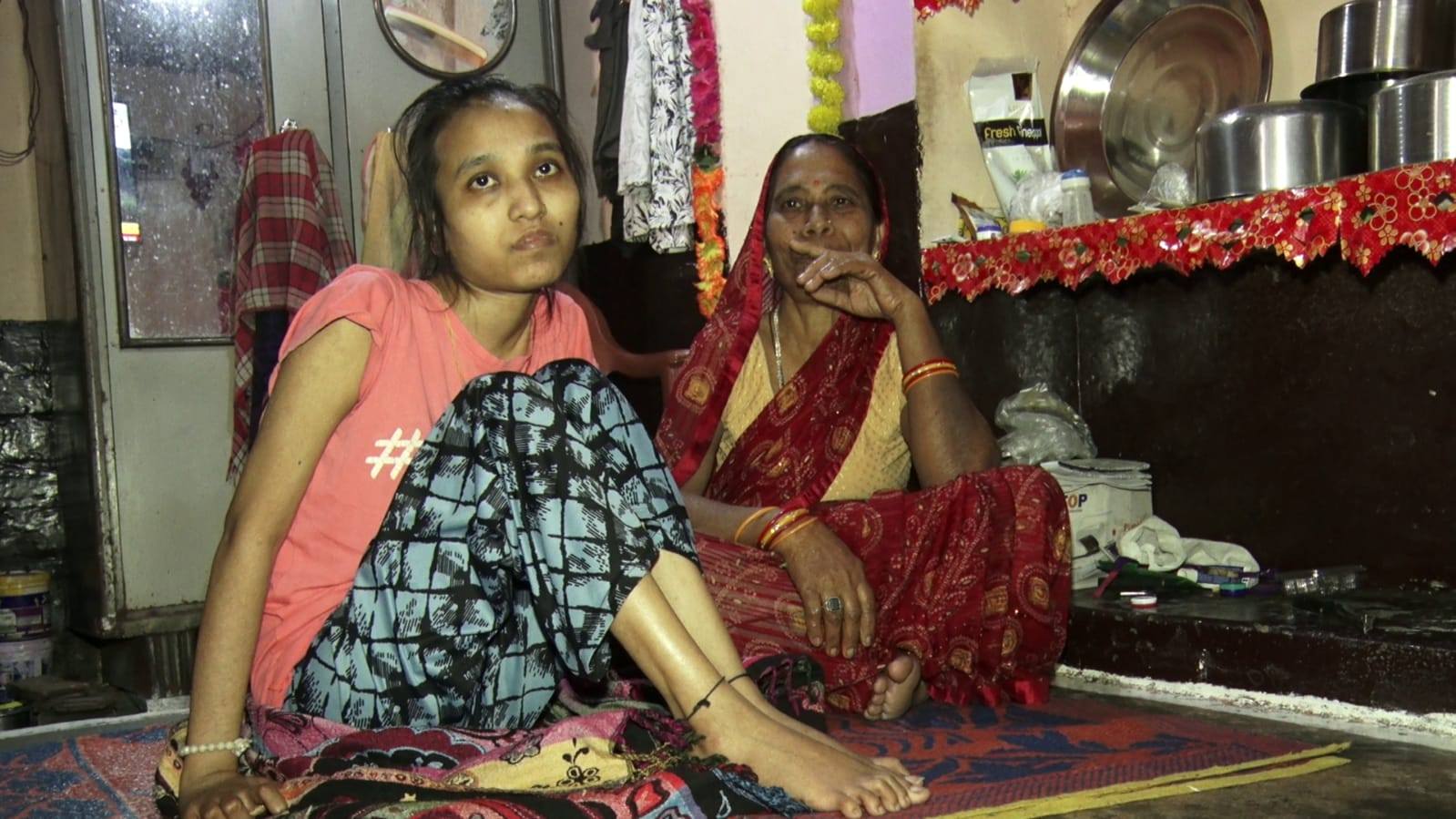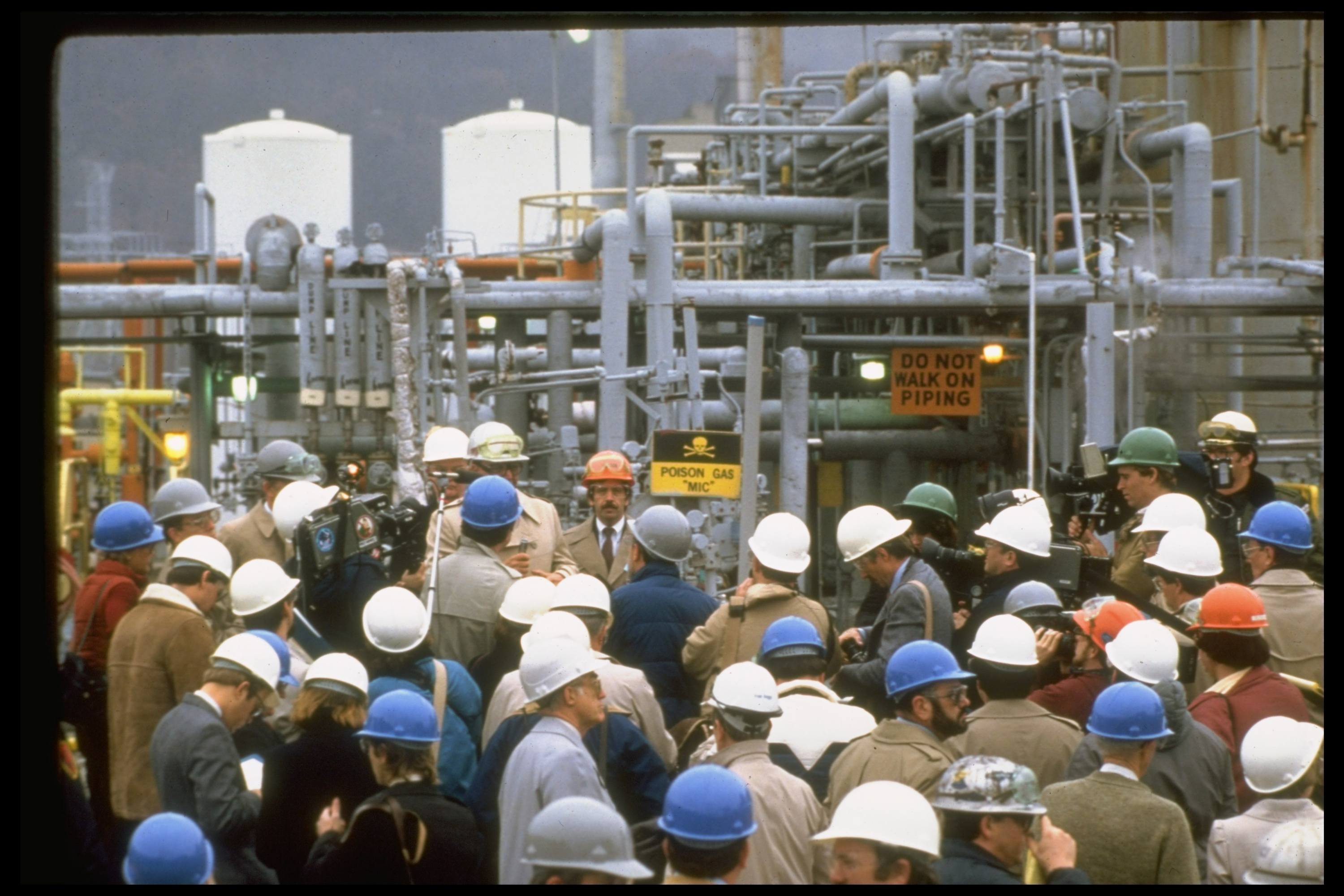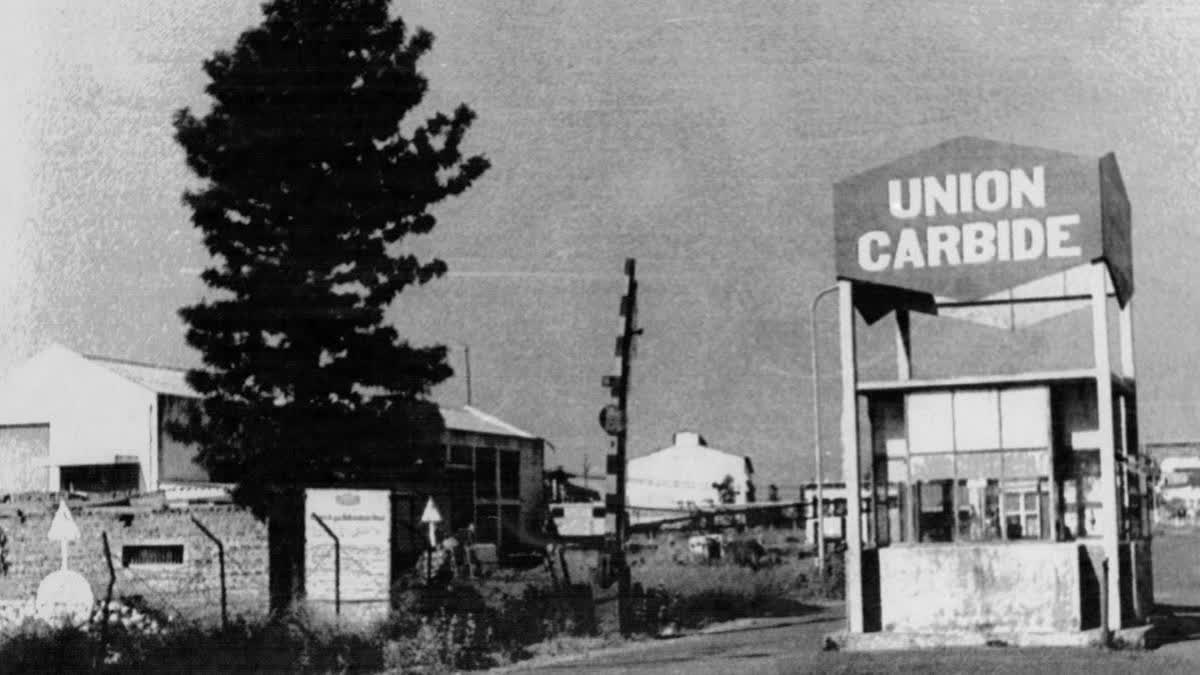Bhopal: On the night of December 2-3, 1984, the Union Carbide factory in Bhopal released a deadly cloud of poisonous gas, devastating the entire city. Thousands died in the immediate aftermath, while countless others suffered from health issues, including respiratory diseases and congenital deformities passed down through generations. Even after 40 years, survivors and their families continue to suffer from health issues and congenital deformities caused by the toxic gas.
ETV Bharat's team visited JP Nagar Basti, one of the hardest-hit areas, to speak with survivors who shared the continuing impact of the gas leak.
Walking through the narrow lanes of JP Nagar Basti, the air feels heavy with stories of loss and resilience. The scars of that fateful night are everywhere, etched into the faces of the survivors, and the walls of their homes The houses are small and overcrowded with damp walls that speak of decades of neglect. The streets are narrow, teeming with children who should be playing but are instead battling illnesses they inherited from the toxic legacy of the disaster.

Many speak of the contaminated groundwater they still rely on, despite knowing it carries the chemicals that have wreaked havoc on their health.
The pain and suffering here are not confined to history, they are alive in every breath people take. Despite the passing decades, JP Nagar remains a forgotten corner of Bhopal, where survivors are left to fend for themselves, waiting for justice that never comes.
Nasreen, a local activist who works with gas victims, introduced the ETV Bharat team to Bharti Shakya, a 60-year-old woman whose family's life was shattered by the tragedy.
Bharti recalled how her father-in-law and mother-in-law died of respiratory illnesses caused by the gas exposure, followed by her husband's death three years ago from the same condition. Bharti's daughter, Rani, now 26, is severely disabled, unable to walk or perform daily tasks. Bharti's sons work as labourers, struggling to support the household and pay for Rani's ongoing medical care.
In an interview with ETV Bharat, a survivor shared the ongoing struggles her family faces, highlighting the inadequate support from the government. "The government gives my disabled daughter a pension of just Rs 500-600," she said, "My husband also passed away due to illnesses caused by the poisonous gas leak. his kidney failed, and his liver stopped working. He was an auto driver, and now we are left to fend for ourselves," she added.

Third-Generation Suffering from Gas Exposure
The tragedy has also left its mark on subsequent generations. Kammo,55, who was also present during the gas leak, explained how both she and her late husband suffered from health complications, including severe breathing issues. Her three sons were also affected, two of them suffer from chronic illnesses, with the younger one facing severe respiratory problems and allergies. Kammo's grandson, just 11 months old, shows signs of congenital deformities, with crooked legs and throat.
Such heartbreaking stories are not isolated in JP Nagar, as families in the area report similar generational suffering.
The Full Story of the Bhopal Gas Tragedy
The Bhopal Gas Tragedy unfolded in the early hours of December 3, 1984. Around 11 pm, the poisonous methyl isocyanate (MIC) gas leaked from Union Carbide's factory. The gas quickly spread across Bhopal, suffocating thousands. people woke to the unbearable stench and their eyes burning, with many trying to flee the city.

Historian Syed Khalid Ghani recounts how the gas leak affected people in surrounding slums, where workers from other states were asleep. They were among the first to die as the gas infiltrated their homes. The panic in the streets was indescribable, with thousands of people running for their lives, some dying along the way.
Casualties and Long-Term Effects
Official reports estimate that 5,295 people died immediately due to the gas exposure, but non-government organisations claim the actual death toll could be as high as 22,917. Additionally, over 5.7 lakh people were severely affected by the leak, suffering from respiratory, neurological, and other life-threatening conditions.
The gas leak occurred due to a malfunction in Tank No. 610, which contained about 40 tonnes of MIC. A chemical reaction led to a pressure buildup, causing the tank to rupture and release the toxic gas. At the time, neither Union Carbide employees nor local authorities were adequately prepared to handle such an incident.
Dr HH Trivedi, who treated victims at Hamida Hospital, revealed that even the employees had no knowledge of the severity of MIC's effects, and there was no warning system in place at the factory.
Ongoing Struggles For Justice
Even after four decades, the victims continue to seek justice and compensation for the irreversible damage caused by the gas leak.
Rachna Dhingra, an activist working with gas victims, shared that the impact of the tragedy is still evident in the community. Pollution from Union Carbide's toxic waste has contaminated the groundwater, affecting the water supply in over 42 settlements, and contributing to birth defects and cancer. The gas continues to cause long-term diseases, including kidney and brain disorders.
"Despite the scale of the tragedy, no meaningful legal action has been taken against those responsible. Warren Anderson, the then-CEO of Union Carbide, was arrested but quickly flown out of India, never to return. He died in 2014 without facing trial. To date, none of the accused have served prison time for their roles in the disaster, leaving victims to fight for justice," she said.
Union Carbide's History in Bhopal
Union Carbide India Limited was established in Bhopal in 1934 and employed over 9,000 workers at the time of the leak. The company was a joint venture between Union Carbide Corporation and Indian investors, including the Government of India and state banks. At its peak, the Bhopal factory was one of the largest chemical plants in the country, manufacturing pesticides and industrial chemicals.
The case is under trial for the past four decades with many of the accused dying and some remaining are frail. The victims and their families wait for the verdict and justice, hoped the activists fighting the case.
The Bhopal Gas tragedy stands as a grim reminder of the devastating consequences of negligence. The pain and suffering it has left on the survivors and their families have passed on through generations, said the activists. They also highlighted the need for a much stronger accountability system and systemic reforms to prevent such disasters from recurring in the future.
Read More



